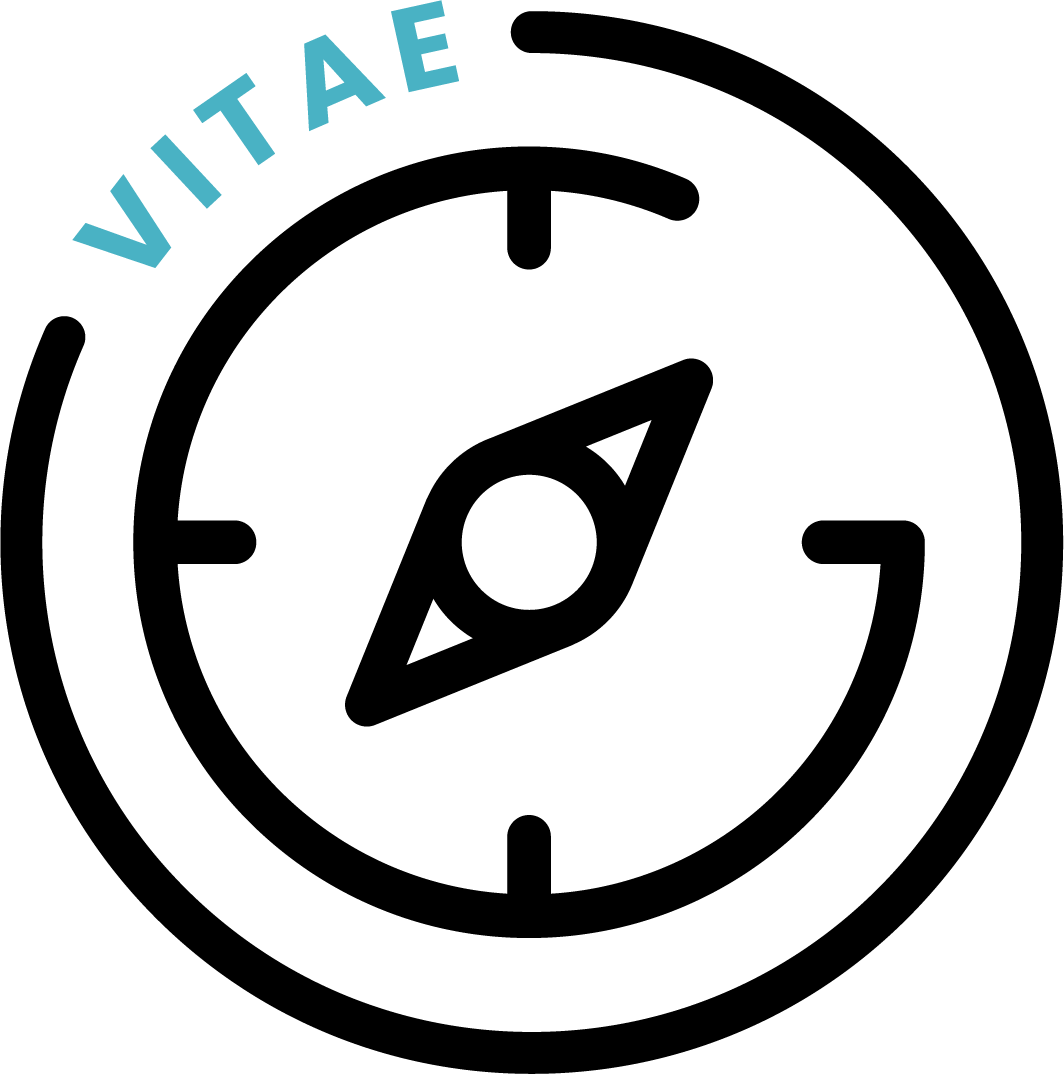COVID-19: The Neuroscience behind the mass buying behaviour.
The WHO has declared COVID-19 a pandemic. In these troubling times, staying calm, composed and measured is critical. Following the instructions of approved medical bodies, starting with the WHO is vital. That is a given.
Globally; there has been panic, mass buying and hysteria. We all know that panic and mass hysteria are not necessarily helpful, but can we help it? Is panic, poor-decision making leading to mass hoarding and anxiety simply a normal reaction to a global pandemic threatening economic instability and uncertainty? Let’s talk through this neurologically.
Money is a huge reward state and a vital part of living physically and psychologically safely in modern life. Neurologically speaking, our brain seeks to minimise threat and maximise reward in all situations. Money, a huge secondary reward state for the brain, activates our striatum (NAc, caudate and putamen) and ventromedial PFC. Whilst loss of money and financial insecurity (perceived or realised) can activate our threat or aversive circuits including our dorsal medial PFC, anterior insula and our amygdala. The brainstem has a neuromodulatory effects in both circuits and there is some interplay between the two (Yarkoni, Poldrack, Nichols, Van Essen, & Wager, 2011).
Having money saved for emergencies, being financially secure along with access to basic amenities (healthcare, housing, food and water) is a state our brain desires because it positively indicates, at least somewhat, security and thereby safety (Pessiglione & Delgado, 2015). When we are under financial pressure (perceived our realised), we all exhibit reduced cognitive capabilities, with a recent Princeton study showcasing that IQ can drop by 13 points. Noting a decrease in attentional control, reasoning (rational thoughts), mood regulatory capabilities and decision making. With reduced IQ, we have less prefrontal activity hindering adequate risk-assessment and decreasing positive social behaviours (Mani, Mullainathan, Shafir, & Zhao, 2013).
So, let’s put this in context. In Australia, financial stress is the leading cause of stress for Australians, sitting a 49%. It’s similar in the US, with financial stress also coming out tops, at a whopping 72%. It’s estimated, 46% of Australians live pay check to pay check with no/limited financial fall-back. In the US, it’s 78%. Where 61% of people do not have funds to cover an emergency. When you realise this and empathise with these people you can understand why people are worried, and why rational thinking perhaps isn’t so prominent for many at this time. Why people are panic buying and worried about the economic security of their nation but also their own jobs.
However, we must remember that we very rarely have complete control of the external world and macro changes. Yet we do always have control of the internal — our own mind and the choices we make. Whilst, money is a factor and strong reward state, one of the strongest reward states, as social creatures, is being in-group, knowing we are protected (Lieberman, 2013). This crisis needs us to come together (in spirit, less in person); to protect our fellow humans, not to divide, delineate and dismiss. Both within and beyond national borders.
So please, do not mass buy. Do not ‘joke’ about hoarding with your friends on social media. Do think about your community. Local, national and international. The casual workers, the single parents, the pensioners, the students, the sole traders and young families down to one income.
If you’re in a fortunate position, share what you can. Only take what you need. Be a decent human at this time. Because as much as money invokes a reward state within the brain, giving via social support (Inagaki et al., 2016) and monetary support (Dunn, Aknin, & Norton, 2008) also elicits similar neurobiological reward states.
Undoubtedly more uncertainty awaits, and while we have a neurological predisposition to dislike uncertainty and behave irrationally during such times, we always have a choice. So please, think before you act. Think with empathy and compassion. Resist the anxiety and hysteria by limiting your media exposure which unfortunately often propels these neurological reactions. Consider others and remember you are in control of your own mind. Please take just as much care of your mental health as you are your physical health during this time.
If you’re in Australia and feel you need extra financial advise and guidance, please utilise these services.
ASIC Money Smart: provides resources and information for how you can help and supporting friends or family experiencing financial stress.
The Australian Psychological Society: a governing body with a number of helpful resources for managing stress and with a psychologist directory.
Financial Counselling Australia: Free financial counselling phone line 1800 007 007 (9.30am-4.30pm Monday to Friday). FCA also lists further consumer website resources and can help you locate a face-to-face counsellor if desired.
Reference List
Dunn, E. W., Aknin, L. B., & Norton, M. I. (2008). Spending money on others promotes happiness. Science, 319(5870), 1687–1688. https://doi.org/10.1126/science.1150952
Inagaki, T. K., Bryne Haltom, K. E., Suzuki, S., Jevtic, I., Hornstein, E., Bower, J. E., & Eisenberger, N. I. (2016). The Neurobiology of Giving Versus Receiving Support: The Role of Stress-Related and Social Reward-Related Neural Activity. Psychosomatic Medicine, 78(4), 443–453. https://doi.org/10.1097/PSY.0000000000000302
Mani, A., Mullainathan, S., Shafir, E., & Zhao, J. (2013). Poverty impedes cognitive function. Science, 341(6149), 976–980. https://doi.org/10.1126/science.1238041
Pessiglione, M., & Delgado, M. R. (2015, October 1). The good, the bad and the brain: Neural correlates of appetitive and aversive values underlying decision making. Current Opinion in Behavioral Sciences, Vol. 5, pp. 78–84. https://doi.org/10.1016/j.cobeha.2015.08.006
Yarkoni, T., Poldrack, R. A., Nichols, T. E., Van Essen, D. C., & Wager, T. D. (2011). Large-scale automated synthesis of human functional neuroimaging data. Nature Methods, 8(8), 665–670. https://doi.org/10.1038/nmeth.1635
